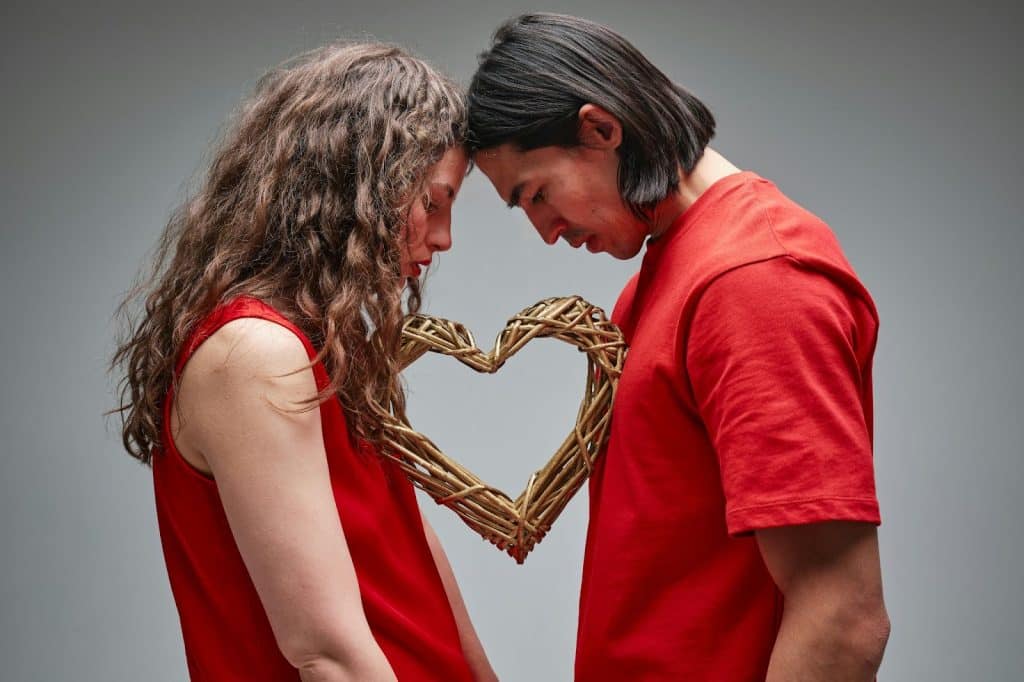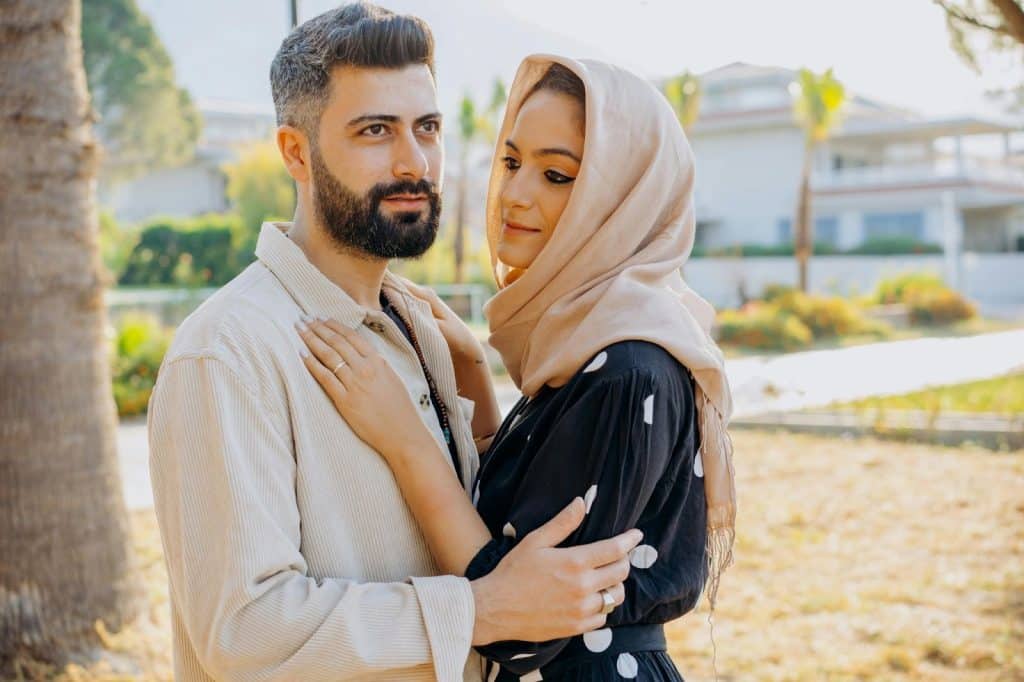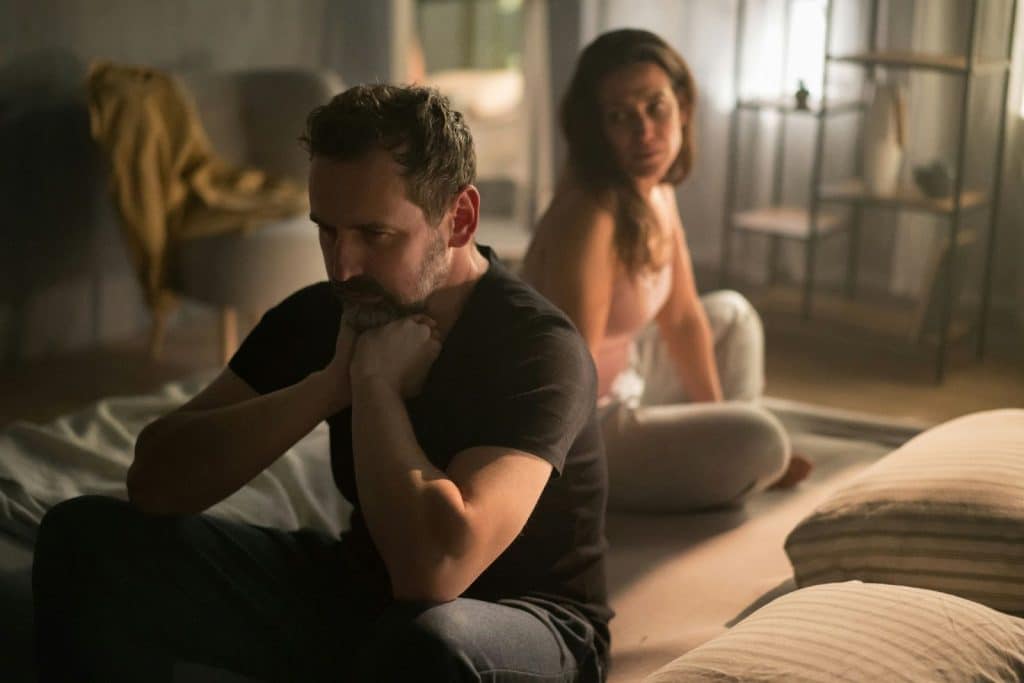
Love takes work, but when you’re the only one working, it turns into survival. It’s easy to confuse effort with progress, to believe that as long as you’re trying, there’s still hope. But sometimes, the relationship you’re trying to save stopped existing long before you noticed. You keep holding on to memories, not reality. When you have to beg for energy, attention, or empathy, that’s not partnership, that’s endurance disguised as love.
You Keep Replaying the Good Memories

You catch yourself living in flashbacks, comparing everything now to how it “used to be.” The moments that once made you smile now feel like evidence of what’s missing. You tell yourself if it happened once, it can happen again, but love that needs constant reminders to feel alive is already slipping away. Nostalgia isn’t the same as connection; it’s your heart trying to rewrite the ending.
You’re the Only One Initiating Everything

You plan the dates, start the conversations, and fix the problems. Every time you stop trying, the silence stretches, proof that the relationship only breathes when you resuscitate it. That’s not balance; that’s emotional CPR. Love should feel mutual, not maintained by one person’s persistence.
You Excuse Their Emotional Absence

You tell yourself they’re just stressed, busy, or tired, but deep down, you know they’ve checked out. The texts get shorter, the eye contact fades, and their warmth turns mechanical. You rationalize it because admitting the truth means facing loss. But silence wrapped in excuses is still silence.
Love That’s One-Sided Feels Like Walking Uphill

Love isn’t meant to feel like a chase. When only one person is holding on, the connection turns into resistance. You keep trying to fix something that isn’t broken, it’s simply over. The harder you push, the more distant they become, and the cycle repeats until exhaustion feels like love’s final language.
You Keep Hoping They’ll Change Back

You miss the version of them that made you feel seen, not realizing that person existed only in a moment, not in permanence. You cling to the “potential” rather than the pattern. Love built on waiting for someone to change is love that’s already fading. Growth has to be shared, not begged for.
You Confuse Temporary Peace With Healing

Every time things calm down, you tell yourself you’re improving. But it’s not peace, it’s a pause between disappointments. You’ve stopped addressing the real issues because conflict feels too exhausting. Avoiding pain doesn’t heal it; it just buries it under denial.
You Feel Relieved When They’re Affectionate

Affection should be consistent, not conditional. When a small gesture feels like a miracle, that’s not romance, that’s scarcity. You’ve been starved of connection so long that crumbs start to feel like meals. Healthy love doesn’t leave you guessing whether you’re wanted.
The Subtle Signs of Emotional Disconnection

When love fades, it doesn’t explode, it drifts. You notice the distance not in arguments, but in the silence between them. Emotional disconnection is quiet, polite, and devastating. You can’t fix what someone refuses to reopen.
Your Conversations Feel Rehearsed

You talk, but it’s all surface-level, logistics, schedules, updates. The emotional depth is gone, replaced with politeness. You used to talk for hours; now you fill the silence just to avoid its weight. When communication becomes performance, connection has already left the room.
You Don’t Recognize Yourself Anymore

You’ve adapted so much that your own needs barely exist. You silence your feelings, soften your words, and adjust your personality just to avoid tension. Love should inspire growth, not erase identity. When you lose yourself trying to keep someone else, the relationship has already taken too much.
You Feel Lonelier With Them Than Without Them

The loneliest place isn’t always being single, sometimes, it’s lying next to someone who’s already emotionally gone. You crave their attention even when they’re right there. That ache isn’t a connection; it’s confirmation that something vital has vanished.
Why It’s Hard to Let Go When You’ve Given Everything

Letting go doesn’t fail love; it honors it by acknowledging what’s real. You stay not because you don’t see the truth, but because you’ve invested so much that leaving feels like waste. Yet staying in what’s already over costs more than starting again ever will.
You Keep Saying ‘It’s Just a Phase’

You convince yourself this distance is temporary, that every couple goes through rough patches. But months pass, and the effort remains one-sided. Time doesn’t fix disconnection when both hearts aren’t working to mend it. Calling it a phase becomes your way of avoiding grief.
You’re Afraid of Starting Over

The thought of beginning again feels heavier than staying in the pain you know. You’ve built habits around this person, even if those habits hurt. But staying out of fear isn’t love; it’s emotional self-preservation disguised as loyalty. Starting over isn’t failure, it’s freedom.
You Worry About What People Will Think

You hide the cracks, smile for photos, and tell friends you’re fine. Pride keeps you tied to an image that no longer matches your reality. But saving face shouldn’t cost you peace. No one else lives the quiet ache you do when the lights go out.
Healing Begins Where Clinging Ends

There’s power in admitting something has ended. It doesn’t make you weak; it makes you honest. Love isn’t proven by how long you hold on, it’s defined by knowing when to let go with grace.
You’ve Stopped Dreaming Together

Once, you planned futures. Now, you just plan to make it through the week. When dreams disappear, love becomes maintenance, not magic. The moment you stop imagining “us,” it’s often because your heart already knows it’s just “you.”
You Feel More Peace in Imagining the End

You catch yourself wondering what freedom would feel like, and that thought no longer scares you. That’s clarity, not cruelty. When relief outweighs fear, your heart is already halfway out the door. The end isn’t the loss of love; it’s the beginning of healing.
Conclusion: Love Doesn’t Die in One Moment, It Fades in a Thousand Small Silences

Trying to save a relationship that’s already over doesn’t make you foolish, it makes you human. You saw potential, believed in change, and gave everything you could. But love can’t survive on one person’s endurance.
When you’re the only one trying, what you’re really saving isn’t the relationship, it’s the memory of what it used to be. The truth hurts, but so does holding on to something that’s already let go of you.
Real love doesn’t require rescuing; it requires reciprocation. Sometimes the bravest act of love is knowing when to stop fighting, and finally set yourself free.






Ask Me Anything